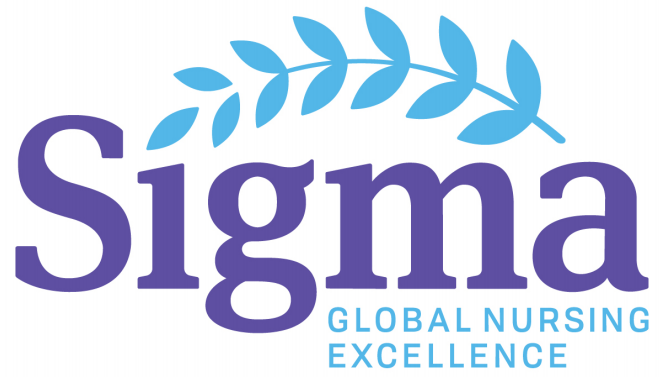Presenter Classification
Undergraduate Student
Presentation Type
Poster Presentation
Publication Date
4-14-2022
Start Date
14-4-2022 3:40 PM
End Date
14-4-2022 4:15 PM
Keywords
diet, cancer, breast, fiber, risk
Abstract Type
Research
Abstract
Abstract
Introduction & Background
The role of dietary fiber in breast cancer etiology remains unclear. A negative correlation may be due to fiber’s ability to stave off obesity and aid in the extraction of serum estrogen, two known risk factors for the disease. Effects may differ by source, and type, of fiber. Most of the data available is from research with non-Hispanic white women. However, fiber intake may vary significantly across cultures.
Purpose Statement & Question
The research sought to investigate whether an increased intake of dietary fiber was associated with a corresponding decrease in the incidence of breast cancer. The question posed was: Among post-menopausal women of various cultures, what is the effect of high dietary fiber intake compared to low intake on the risk of developing breast cancer?
Literature Review
The search was for specific studies examining the effect of dietary fiber on breast cancer development. The university’s scholarly search engine was utilized to find five studies using key terms such as “dietary fiber” and “breast cancer”.
Findings
Results showed an overall protective effect from high (> 25 grams/day) total dietary fiber intake on developing breast cancer. Findings for soluble versus insoluble fiber were inconsistent, but evidence suggests that fiber from beans, vegetables, and fruit may have a greater effect than fiber from whole grains.
Conclusion
High total fiber consumption may reduce the risk of developing breast cancer. Future research should investigate whether results hold true across more diverse populations.
Included in
Alternative and Complementary Medicine Commons, Dietetics and Clinical Nutrition Commons, Maternal, Child Health and Neonatal Nursing Commons, Medical Nutrition Commons, Oncology Commons, Preventive Medicine Commons, Reproductive and Urinary Physiology Commons
The Impact of Dietary Fiber on Breast Cancer Incidence
Abstract
Introduction & Background
The role of dietary fiber in breast cancer etiology remains unclear. A negative correlation may be due to fiber’s ability to stave off obesity and aid in the extraction of serum estrogen, two known risk factors for the disease. Effects may differ by source, and type, of fiber. Most of the data available is from research with non-Hispanic white women. However, fiber intake may vary significantly across cultures.
Purpose Statement & Question
The research sought to investigate whether an increased intake of dietary fiber was associated with a corresponding decrease in the incidence of breast cancer. The question posed was: Among post-menopausal women of various cultures, what is the effect of high dietary fiber intake compared to low intake on the risk of developing breast cancer?
Literature Review
The search was for specific studies examining the effect of dietary fiber on breast cancer development. The university’s scholarly search engine was utilized to find five studies using key terms such as “dietary fiber” and “breast cancer”.
Findings
Results showed an overall protective effect from high (> 25 grams/day) total dietary fiber intake on developing breast cancer. Findings for soluble versus insoluble fiber were inconsistent, but evidence suggests that fiber from beans, vegetables, and fruit may have a greater effect than fiber from whole grains.
Conclusion
High total fiber consumption may reduce the risk of developing breast cancer. Future research should investigate whether results hold true across more diverse populations.



